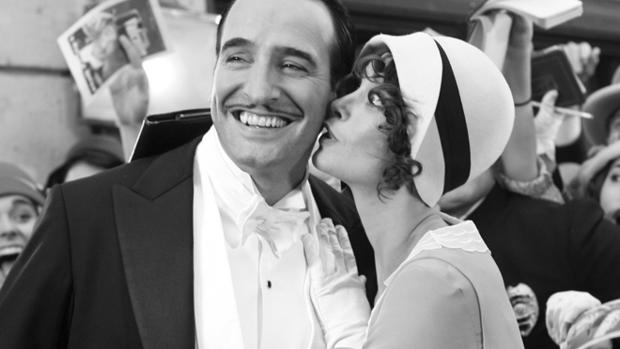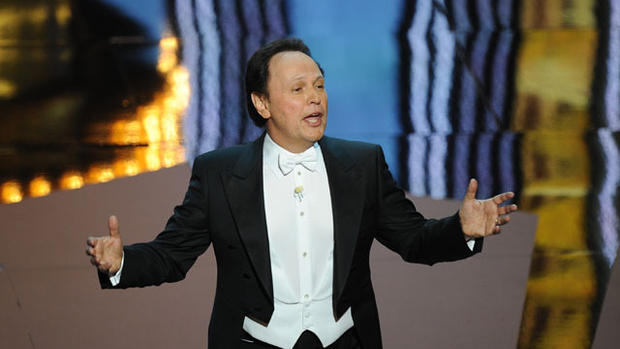Never-before-seen robot aids Oscars security
The Oscars went off without a hitch last night.
One big reason: incredible security.
Hundreds of officers from the Los Angeles Police Department, the FBI and the Department of Homeland Security worked together.
While most eyes were fixed on the red carpet trying to recognize someone famous, police were fixed on the crowd looking for someone bent on infamy. It may be a stalker with a gun, or a terrorist with a chemical weapon.
The security operation begins weeks before the event, with a detailed intelligence assessment. More than 1,000 background checks are done on every employee, from host Billy Crystal to the guy who vacuumed the red carpet.
It's all controlled from a huge command post, stashed away on a Hollywood sound stage. "This," says Los Angeles Police Commander Matt Blake, "is where all the big decisions are made. We have people that are out in the field ... and we communicate with them and we get them all of the resources they need to handle any problem they have."
Complete coverage: The 2012 Academy Awards
In the field, near the Kodak Theater (scene of the awards show), some of the most sophisticated tools -- many of them never seen before by the media or the public -- were waiting in the wings.
Yes, it was Hollywood, but the tools weren't out of "ET." One of them was the LAPD's haz-mat (hazardous materials) robot which, in the event of a chemical, radiological or biological attack, can go into a contaminated area, identify the specific deadly agent present and send the data back wirelessly. Inside and outside the Kodak Theater, remote sensors send back radiation reports live, and plainclothes officers wearing backpacks patrol the crowds.
"You have people in plainclothes," Eric Quirk, of the hazmat unit, tells CBS News, "moving amongst the crowd at all times, and they're looking for something without causing concern. So we try to do it covertly."
The FBI was also on-scene, deploying a hi-tech haz-mat "CSI" team.
Says Special Agent Eric Armstrong, "Our job is really to go in and collect the evidence so we can prosecute whoever it is that did it" (whatever "it" is).
Also at hand - the "bat cat," a giant, bulldozer-like machine that can literally pick up a car bomb and move it away from crowds. "It is," says LAOD Sgt. Mike Salinaz, "one of the newest pieces of equipment in our arsenal; it's one of a few, if not the only one in the nation."
At checkpoints, mirrors scan the undercarriages of limos, snipers are posted on rooftops. And the LAPD's specialized vapor wake bomb detection K-9s(canines, dogs) were on the move. "Their specialties are smelling out suicide bombers," says LAPD Sgt. Tom Davoren. "They can pick them up from about 50 feet away."
It was a night of high fashion and glamour, and while security isn't always pretty, it was there, behind-the-scenes and ready -- so the only bombs in Hollywood were just the really bad movies.
Miller was involved in securing the Academy Awards when he headed up the LAPD counterterrorism unit.
Why would terrorists want to hit the Oscars?
It's one of the most-watched events on the planet. So, you take the Oscars and the Super Bowl and you put them side-by-side and you say, for somebody who's looking to get their message out through violence in a global way, they're attractive targets. The way you make them unattractive is you make them too hard.
The biggest challenge isn't securing the event. You can lock down almost any event. The biggest challenge is doing it without killing the event. Because you've got 600 cops and a few more hundred support people there, and then you've got to get 3,500 people, not counting the people working the show, through a security checkpoint and do it on time. It's a live show. There's no such thing as starting late. So it's a big deal.

